It is paradoxical. More and more people are turning to solo travel with the premise of having transformative experiences. Isolation is not among their plans; on the contrary, they want to interact with locals or other travellers to enrich their backpacks.
Single or coupled, solo travellers are interested in this type of trips because it allows them flexibility in adapting their holidays to their preferences and leads them almost inevitably to an exercise in introspection and a “healthy” open-mindedness, they say.
Generation X and millennials born between 1965 and 1993, as well as women, are the profiles that invest the most in this type of experience, according to Statista data, which points to “female empowerment, financial independence, the desire to disconnect from routine and the possibility of facing new challenges” as the main reasons why women prioritise these adventures over traditional shopping tourism.
Jessy Milla: “It took me a week and a 6-hour taxi ride to get back to Spain when the pandemic broke out”
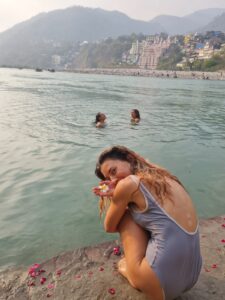
She works as a chef, hostess and sailor on luxury superyachts and is passionate about surfing, yoga, reading and listening to music. At the age of 28, Jessy Milla from Palma has already visited Ecuador, India and Sri Lanka alone: “For me it means freedom and self-knowledge, and it gives you a lot more freedom to know yourself and others. It’s inspiring,” she admits.
Although she warns that she has to be careful, she admits that she has rarely felt fear on her escapades. Her first trip to Ecuador in February 2020 was cut short when the pandemic broke out: “I was one of the last tourists to leave the coastal town I was in. It took me a long time (a week and a 6-hour taxi ride to the airport) to get a repatriation flight. It was an experience I will never forget,” she says.
The desire to continue to see new places and meet new people means that she has her sights set on other destinations such as Australia, Mexico, Nicaragua and Indonesia.
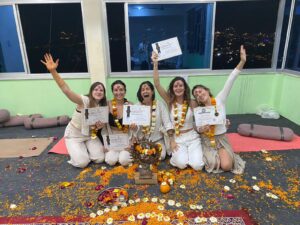
Jaume Vinyas: “In Honduras a bus went backwards for more than 100 metres and nobody batted an eyelid”
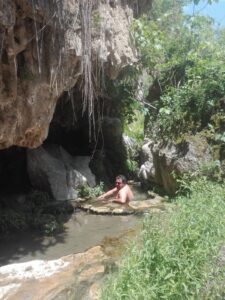
Journalist Jaume Vinyas doesn’t always travel alone, but he doesn’t mind doing so when he can’t find company because it gives him “maximum freedom: in the Balkans I decided where I was going on the fly, without having to argue or convince anyone, and that’s great,” he says. For Vinyas, “loneliness sometimes reveals people to you who, perhaps, if you were accompanied, you would never have paid attention to”.
When he recalls his wanderings, Vinyas relives the anguish of wandering the streets of Paris one night while waiting for friends to arrive: “At the time, I had no money for a hostel and two guys tried to rob me,” he says. From his time in Honduras, he also has an indelible memory that gives a hint of the mood of the Caribbean country: “A bus driver missed a motorway exit and decided it was a good idea to reverse more than 100 m. The bus was full, but I was the only one who seemed concerned”. Less eventful was his stay in Belgrade, where he shared a coach with a Russian with whom he spoke all night despite the language barrier: “I made a friendship that I still maintain today,” he confesses.
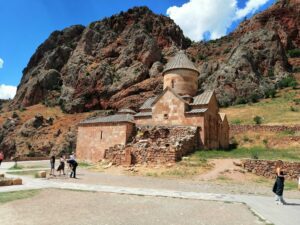
Margarita Pérez-Villegas: “Japan has captivated me and I will always keep it in my heart”
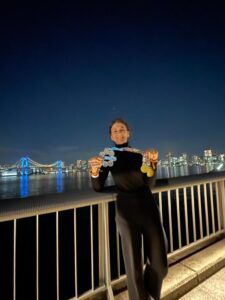
The personal challenges she sets herself are what motivates Margarita Pérez-Villegas to undertake an adventure on her own. “One day I thought I could do the four things I love most (running, reading, listening to music and travelling) at the same time, running marathons all over the world. It is one of the most enriching experiences of my life”, she says.
The director of CaixaForum Palma, who has already completed the Six Majors, argues that travelling alone is not synonymous with feeling lonely: “I have met very different people with whom I have forged a beautiful friendship. We are all united by the same passion,” she says.
Pérez-Villegas is excited about each new journey with the preparatory phase (the training and travel plan) and carefully selects the books she is going to take with her and the music she is going to listen to. In Tokyo, a destination that “has captivated me and I keep in my heart”, where she ran her last race, she recovered a classic by Haruki Murakami: “What I talk about when I talk about running”, with which she feels very identified “when he talks about his hard daily training, his taste for travelling, literature… Wherever you go, do as you please”, she says.
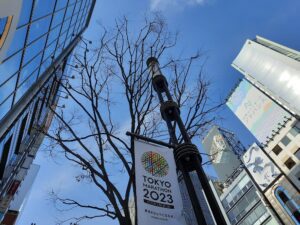

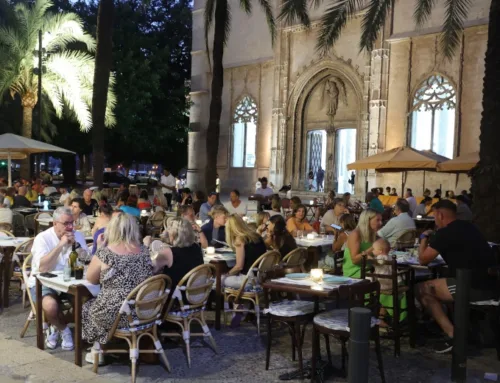
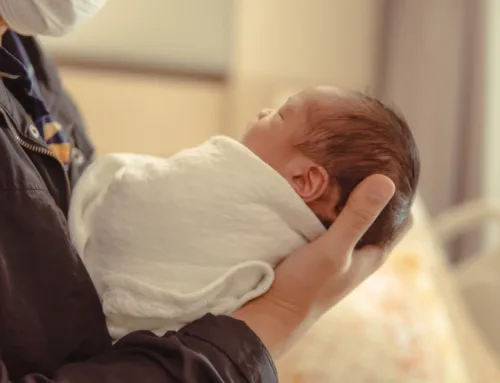
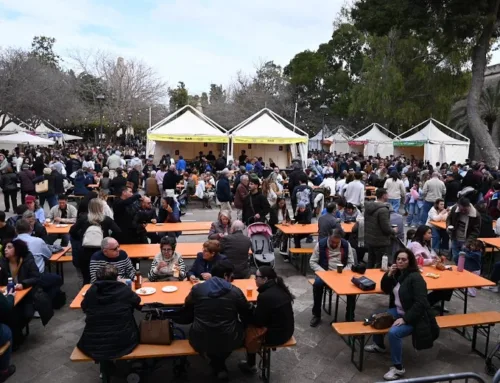
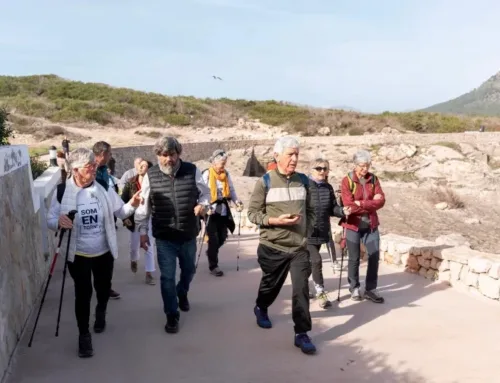
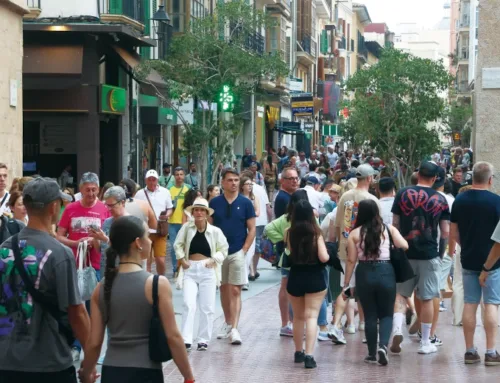

Leave A Comment